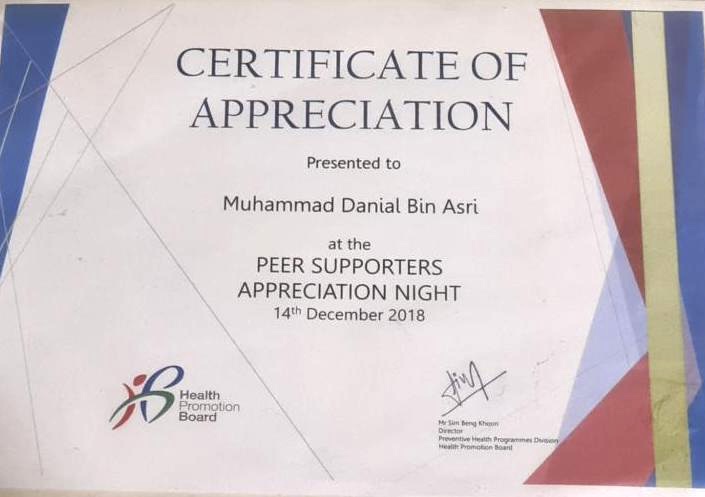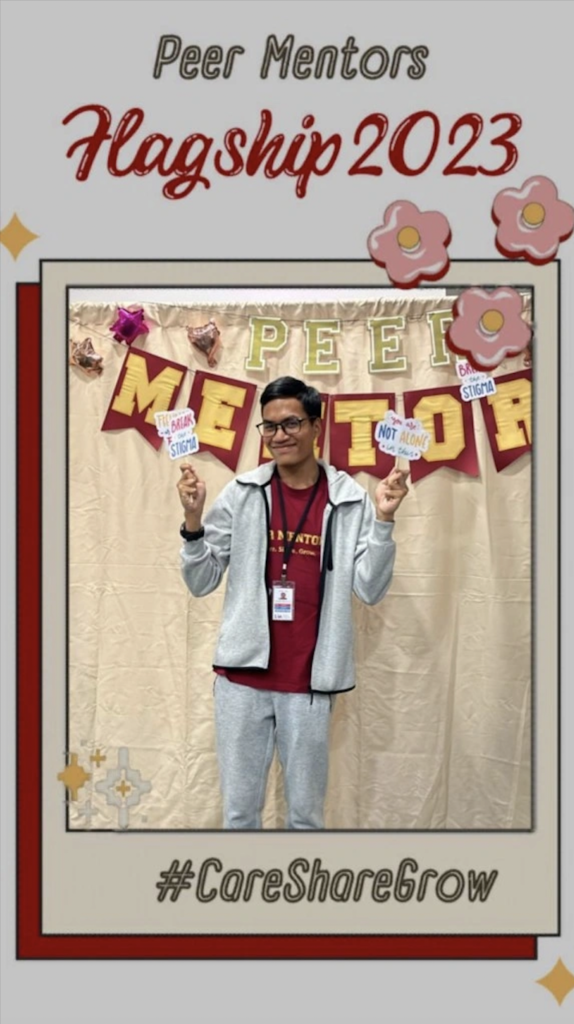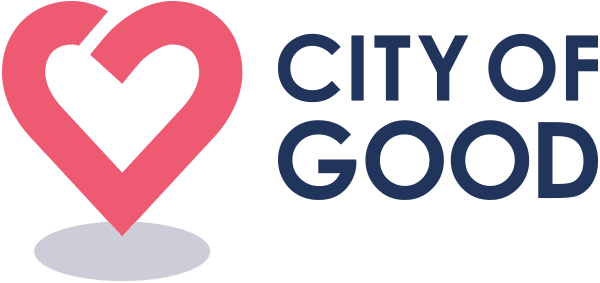Meet Danial Asri! His work shatters the stereotype that individuals with autism are incapable of making significant contributions to society. Flourishing as a peer supporter, crafting safe spaces, and raising awareness about mental health, his story is a powerful example of the boundless potential and capabilities of individuals on the autism spectrum.
By fostering safe spaces, advocating for understanding and working alongside others in the mental health field, he is making a significant contribution to a world where everyone feels supported and empowered to reach their full potential.
Read on to learn more about his story.
Witnessing Vulnerability Spurred Him into Action
Danial’s path to becoming a passionate peer supporter is paved with empathy and a desire to empower others.
Diagnosed with autism spectrum disorder (ASD) in 2013 and post-traumatic stress disorder (PTSD) in 2020, Danial understands the struggles of navigating social interaction and mental health. “Because of my autism, I was quite severely bullied back in my younger years,” Danial shares, reflecting on his childhood experiences that fuelled his passion for mental health advocacy.
Witnessing a friend struggle with suicidal thoughts became a turning point.
When a friend confided in him about suicidal thoughts in 2018, Danial actively sought out ways to support his friend and others facing mental health challenges. He took it upon himself to enroll in peer support training, equipping himself with the skills to become a certified Peer Supporter, providing emotional support and active listening.
Subsequently, Danial volunteered with Temasek Polytechnic’s Peer Support Programme, offering a listening ear and emotional support to students in distress.

Since August 2023, Danial has served as a Peer Supporter Facilitator with Growth Collective SG. This collective brings together seven organisations focused on various aspects of mental well-being and mental health. Their mission is to support individuals in different communities.
Danial is also a Peer Mentor at the Student Wellness Centre at the Singapore Institute of Management (SIM). In this role, he supports other SIM Peer Mentors in outreach events and freshman orientation programs, providing guidance to first-year students as they adjust to university life.
Danial emphasises the importance of creating a safe and supportive environment in peer support groups. He highlights a particular instance where a participant on the spectrum felt comfortable sharing their experiences within the group.
“It’s important to just give participants a safe space to express themselves,” Danial says, acknowledging the challenges faced by individuals who might find social interaction difficult. Peer support groups, he believes, can bridge this gap by providing a space for open communication and acceptance.
Beyond Autism: Building an Inclusive Support System
As a firm believer in inclusivity, Danial’s peer support group strives to create a welcoming environment for all participants, regardless of background or neurodiversity. This includes ensuring the individuals on the spectrum feel comfortable and supported.
He recognises that autistic individuals may face unique challenges, and he advocates for awareness and understanding of autism. Even today, the term “autism” carries a stigma, as evidenced by online platforms that perpetuate negative stereotypes.
“The term autism is still very much stigmatised.” Danial points out, highlighting how people online often jump to label others that they do not understand, with autism, even when it might not be the case. “I think it’s good to raise awareness because society at large needs to see us as people and that us having autism does not make us any less.”

Danial highlights how peer support can contribute to a more inclusive environment for autistic individuals. Simple adjustments, like adjusting lighting or providing a quiet space, can make a significant difference for those experiencing sensory overload.
A Rewarding Journey of Support
Recognising signs of emotional distress in friends or peers is crucial for early intervention and promoting mental well-being. Peer supporters play a vital role in this process.
One such example was when Danial noticed a friend exhibiting changes in behaviour, such as social withdrawal and difficulty focusing on school.
Using the peer support skills he learnt, Danial was able to provide emotional support and connect his friend with relevant help and support resources. Reflecting on that moment, Danial remembers successfully referring his friend to CHAT, a youth mental health service.
“I managed to convince a friend of mine and she is going for regular therapy sessions,” he says. This experience reinforces the importance of peer support as a form of preventive mental healthcare.
This achievement goes beyond simply connecting someone with a service. It’s a story of transformation, where Danial’s empathy and guidance empowered his friend to take a critical step towards healing.
Witnessing his friend actively engage in therapy signifies not just them receiving professional help, but also a personal victory against the stigma that often surrounds mental health issues.
This success story reinforces Danial’s belief in the power of peer support to create a ripple effect, where his own positive experience inspires him to guide others on their path to well-being.
This World Autism Awareness Week, let’s celebrate Danial’s story and the countless others who are breaking down barriers and creating a more understanding world! You can make a monetary donation or volunteer to empower and uplift individuals with autism on Giving.sg. Click below to find out more!




















